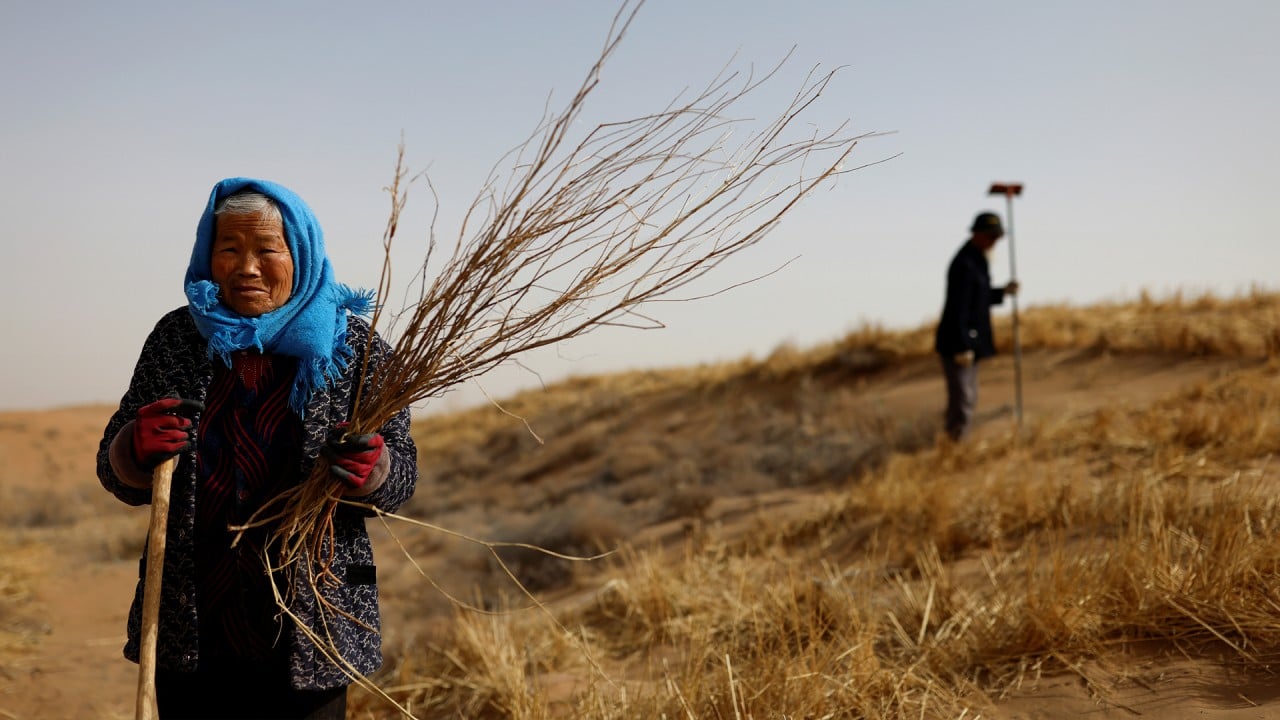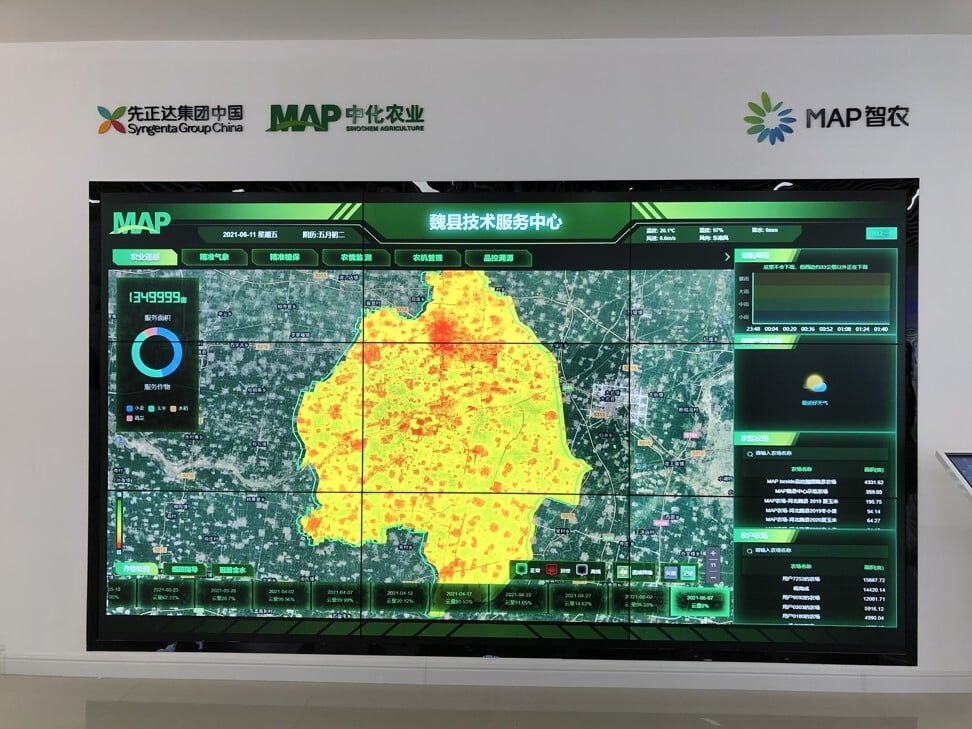
Explainer | What is Syngenta and why is it set to be this year’s biggest initial public offering?
- Offering is expected to be the biggest ever on Shanghai’s Star Market, raising up to US$10 billion
- Listing comes four years after it was acquired by ChemChina for US$43 billion in the largest foreign takeover by a Chinese firm
Syngenta Group, the Swiss agrichemicals giant owned by state-backed China National Chemical Corporation (ChemChina), is going public on the Shanghai Stock Exchange’s Nasdaq-like Star Market in a transaction that could value it at US$60 billion, including debt.
Since that deal, Syngenta has expanded its portfolio to include the Israeli crop protection company Adama and the agricultural businesses of ChemChina and state-owned Sinochem Group. That was ahead of a separate merger between ChemChina and Sinochem that was approved by regulators in April.
Here’s what you need to know about Syngenta, one of the world’s biggest suppliers of seeds and crop protection chemicals:

02:48
Chinese farmers fight desertification in Gobi Desert
What is Syngenta?
Syngenta was formed in November 2000 through the merger of the agriculture subsidiaries of the drug makers Novartis and AstraZeneca, but its root in Switzerland goes back more than 250 years.
The agritech company claims to be on the cutting edge of biotechnology and developed the first genetically modified cereal for human consumption. It fully sequenced the DNA of the rice genome in 2001 and is a leader in developing so-called gene-edited crops.
Its business spans herbicides, insecticides and other chemicals to keep plants healthy to seeds for crops, flowers and bedding plants. It employs 49,000 people in more than 100 countries.
Though it has a Chinese owner, the company’s CEO Erik Fyrwald is American, and its chief financial officer Chen Lichtenstein is Israeli, reflecting the international make-up of its leadership.
Syngenta restructured its operations into four units last year: Syngenta Crop Protection, Syngenta Seeds, Syngenta Group China and Adama, which is separately listed on the Shenzhen Stock Exchange. It also adopted the Syngenta Group name, rather than Syngenta AG.
The company swung to a profit of 4.4 billion yuan (US$680 million) last year from a 2019 loss of 2.2 billion yuan, while sales rose 5.1 per cent to 152 billion yuan. On a continuing operations basis, the company’s 2020 profit grew 70 per cent to 8 billion yuan. In the first quarter, Syngenta’s profit rose 73 per cent to 3.8 billion yuan.

Why is Syngenta going public on Shanghai’s Star Market?
Against this backdrop, Syngenta’s IPO provides much-needed heft to China’s home-grown Nasdaq-style market as Beijing seeks to expand its domestic markets.

Syngenta’s sustainability bona fides
About a fifth of the company’s business is in China, its third-largest market behind Brazil and the United States. Last year, revenue in the China business grew 7.3 per cent to 30.9 billion yuan.
However, there is room to grow as China’s seed and crop protection markets remain fragmented.
One way Syngenta is building its business – and helping China achieve its policy goals – is through its Modern Agriculture Platform (MAP) centres.
There are more than 300 MAP centres in China, and the company is opening about three a week, to showcase and sell cutting-edge farming equipment and technology solutions from companies, such as drone manufacturer DJI and John Deere.
Many include demonstration farms and sponsor training days to help farmers learn new, climate-friendly techniques to improve yields and use less fertiliser.
Consumers can use QR codes to receive information about where the food was grown, including a picture of the farmer.

